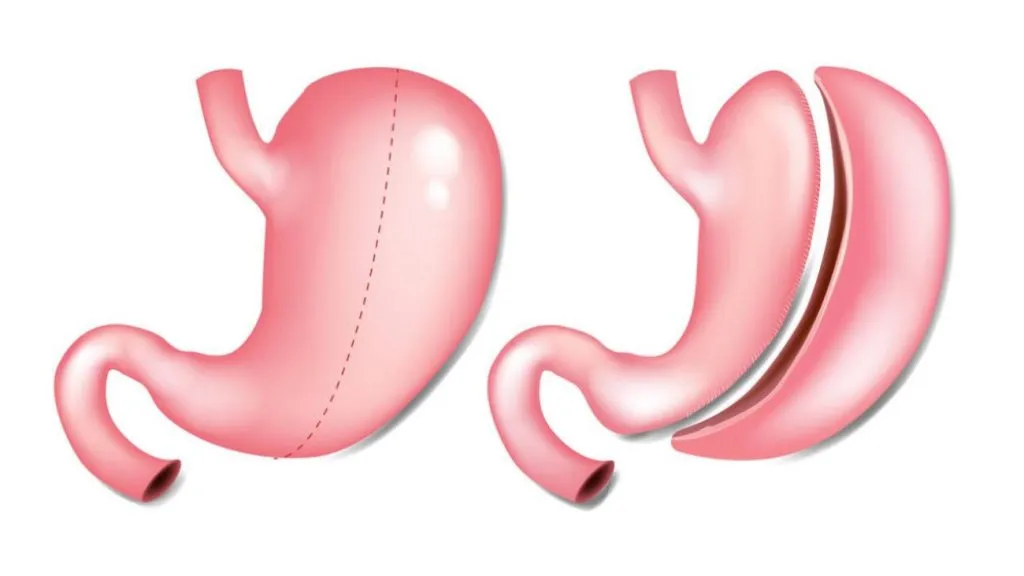Obesity isn’t just about weight — it’s a complex health condition impacting physical, emotional, and social well-being. While diet and exercise are essential, sometimes the body’s biology makes weight loss difficult. This is where Manga Gástrica (gastric sleeve surgery) can offer a new lease on life.
Let’s explore this life-changing surgery in detail, including real patient experiences, common hurdles, and practical advice for anyone considering this path.
Manga Gástrica involves surgically removing about 75-80% of the stomach, leaving a narrow sleeve. This not only restricts the amount you can eat but also decreases hunger hormones.
Realistic Impact on Hunger and Eating Habits
Patients often say the first few weeks after surgery, they naturally feel less hungry and can only eat small portions — no willpower needed. This hormonal shift makes compliance easier.
Who Should Consider Manga Gástrica?
- Adults with a BMI ≥ 40, or BMI ≥ 35 with related health problems.
- Those with a history of unsuccessful weight loss through diet/exercise.
- Individuals mentally and emotionally ready to adopt permanent lifestyle changes.

Real-Life Patient Journey: Sofia’s Story
Sofia, 42, battled obesity for over 15 years. She recalls:
“I tried every diet, every workout, but nothing worked long-term. The surgery was scary at first, but after 3 months, I lost 30 kg and felt healthier than ever. The hardest part was adapting to new eating habits, but my dietitian and support group kept me motivated.”
Sofia’s story highlights the emotional resilience and support systems vital for success.
Benefits You Can Expect
- Sustainable Weight Loss: Around 50-75% of excess weight lost typically in 12-18 months.
- Health Improvements: Many experience remission of type 2 diabetes, lowered blood pressure, improved sleep apnea.
- Improved Mental Health: Weight loss often reduces anxiety and depression, improving overall quality of life.
Common Challenges After Surgery — And How to Overcome Them
Adjusting to Smaller Portions
Eating slowly and mindfully is key. Use small plates, chew thoroughly, and stop eating as soon as you feel full.
Managing Nutrient Deficiencies
Regular blood tests and supplementation with vitamins B12, iron, calcium, and D are essential to avoid fatigue, hair loss, or bone issues.
Emotional Eating and Cravings
Many patients struggle emotionally post-surgery. Joining support groups or consulting a psychologist can provide coping strategies.
Expert Tip
"Remember, surgery is a tool, not a cure. The mental and behavioral changes you make post-surgery are what determine your long-term success." – Dr. Maria Gomez, Bariatric Surgeon.

Detailed Recovery Timeline
| Timeframe | What to Expect | Tips |
|---|---|---|
| Days 1-14 | Liquid diet, healing stomach | Stay hydrated, avoid carbonation |
| Weeks 3-6 | Pureed and soft foods | Introduce protein shakes, avoid sugars |
| Weeks 7-12 | Transition to solid foods | Focus on lean proteins, vegetables |
| Month 3+ | Regular balanced diet and light exercise | Gradually increase physical activity |
Comparing Manga Gástrica with Other Procedures
- Gastric Bypass: More complex, higher risks but sometimes more weight loss.
- Gastric Band: Adjustable and reversible but less effective in weight loss and slower results.
- Manga Gástrica: Balanced risk-benefit profile, effective and becoming increasingly popular.
Real-Life Success: Carlos’s Post-Surgery Lifestyle
Carlos, 50, shares:
“The surgery jump-started my weight loss, but the real change came when I committed to daily walks and cooking healthy meals at home. Support from family and my healthcare team helped me stay on track.”
Final Thoughts: Realistic Expectations for Real Results
Manga Gástrica can transform lives, but it requires:
- Commitment to lifelong changes.
- Medical supervision and support.
- Patience through ups and downs.
FAQs
Q: What if I regain weight after surgery?
Consult your medical team; maintaining lifestyle changes is essential. Weight regain can happen if dietary guidelines and exercise are not followed.
Q: How soon can I start exercising post-surgery?
Light walking can begin within days; more intense exercise after a few weeks. Gradual physical activity helps improve recovery and weight loss outcomes.
Q: Will I need vitamin supplements after surgery?
Yes, supplements are often necessary to prevent deficiencies. Because the stomach size is reduced, nutrient absorption can be affected.
Q: How long is the recovery period?
Most patients recover within 4 to 6 weeks, varying individually. Recovery speed depends on overall health and adherence to post-op care instructions.
Q:Is gastric sleeve surgery reversible?
No, the removed portion of the stomach cannot be restored. This makes the procedure permanent, so it’s important to consider this before surgery.
